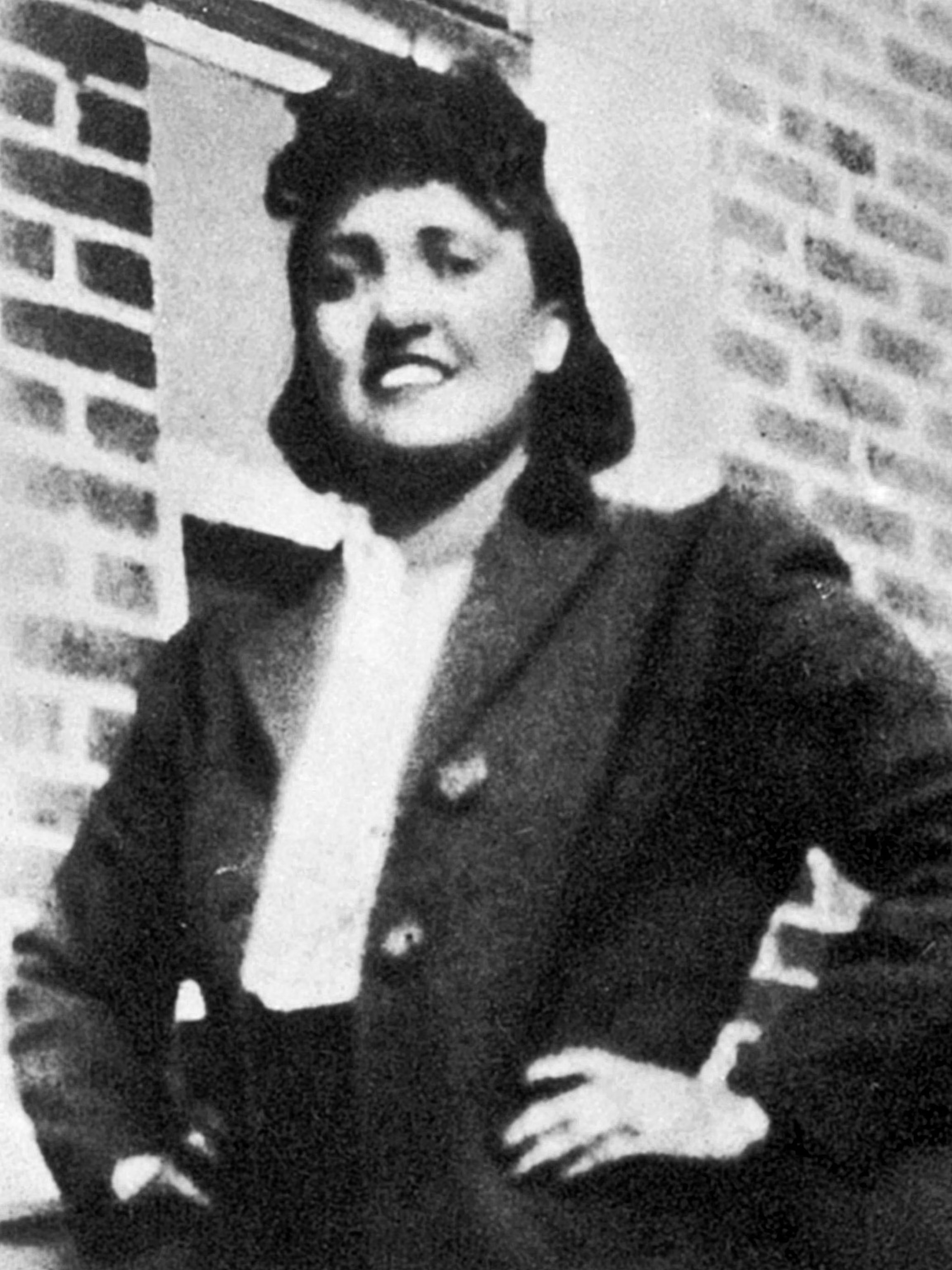Henrietta Lacks and the Immortal Cell
Who Was Henrietta Lacks?
Image from National Geographic Magazine
Henrietta Lacks was a 31-year-old Black American mother when she was diagnosed with an aggressive form of cervical cancer in 1951. She received her diagnosis at Johns Hopkins Hospital, one of the few medical institutions that treated African American patients at the time. Despite receiving treatment, her cancer progressed rapidly, and she tragically passed away later that same year. However, her legacy would live on in an extraordinary way—through her cells.
The Discovery of "Immortal" HeLa Cells
During her diagnosis and treatment, a biopsy was performed on Lacks' tumor, and her cancerous cells were collected. At the time, there were no regulations requiring patient consent for such procedures, and these cells were taken without her knowledge or permission.
This was not unusual, as many samples had been collected from patients over the years to aid medical research. The challenge was that most cultured cells died quickly, usually after 50–100 divisions due to a natural process called apoptosis, or programmed cell death. But Henrietta Lacks’ cells were different. Instead of dying, they continued to double every 20 to 24 hours. These cells, which came to be known as "HeLa" cells—derived from the first two letters of Henrietta’s first and last names—were effectively immortal.
HeLa Cells' Impact on Medical Research
HeLa cells quickly became an invaluable tool in medical research. They were distributed worldwide and used in studies to understand the effects of toxins, drugs, hormones, and viruses. HeLa cells were instrumental in the development of the polio vaccine and, more recently, the COVID-19 vaccine.
The importance of HeLa cells in scientific discovery cannot be overstated. They have been foundational in research leading to several Nobel Prize-winning breakthroughs. According to the National Institutes of Health (NIH), HeLa cells have been cited in more than 110,000 research publications. Almost every person alive today has benefited from discoveries made using these cells.
We encourage you to read “Significant Research Advances Enabled by HeLa Cells” documented by the NIH.
Ethical Issues: Lack of Consent and Privacy Violations
Despite the undeniable benefits of HeLa cells, their use has raised serious ethical concerns. Henrietta Lacks did not give informed consent for the collection or use of her cells, which were taken during her treatment without her knowledge. Moreover, her family remained unaware of the widespread use of her cells until much later, a fact that has since sparked discussions about patient rights and informed consent in medical research.
In 2013, a German research team sequenced the HeLa cell genome and publicly shared the results, raising further concerns about privacy violations. The Lacks family was not consulted about the genome's release. After this incident, an agreement was reached between the family and the NIH, granting them control over future access to the genome. This marked an important step toward respecting the family’s wishes and addressing the ethical mishandling of Henrietta’s cells.
Historical Context: Mistrust in Health Institutions
The story of Henrietta Lacks is part of a broader historical pattern of exploitation and mistrust between minority communities and medical institutions in the United States. Over the years, there have been multiple instances where health institutions have benefited from the experimentation on or use of the bodies and cells of marginalized communities without consent.
This mistrust, fueled by unethical practices, has contributed to the hesitancy many in minority communities feel toward the healthcare system. The legacy of Henrietta Lacks reminds us of the importance of ensuring ethical standards and transparency in scientific research.
Honoring Henrietta Lacks’ Legacy
As we move forward, it is crucial to recognize and honor those who have contributed to medical advancements, especially when their contributions came without consent or acknowledgment. Henrietta Lacks’ cells have saved countless lives, but her story also serves as a reminder of the ethical responsibilities in scientific research.
In 2010, Rebecca Skloot wrote The Immortal Life of Henrietta Lacks, a book that detailed Henrietta’s life, her impact on science, and the consequences for her family. Skloot’s work brought renewed attention to the ethical implications of Lacks’ story. Following the book’s publication, Skloot founded the Henrietta Lacks Foundation to provide assistance to individuals who have contributed to scientific research without being able to personally benefit from those contributions. Many others have shared her story and we encourage you to learn more about Henrietta Lacks.
Conclusion: Gratitude and Reflection
Henrietta Lacks’ contribution to science cannot be overstated. Her cells have revolutionized medical research, but her story also compels us to reflect on the ethical standards that guide scientific discovery. Moving forward, we must balance progress with respect for individuals’ rights, ensuring that no one’s contribution to science goes unacknowledged or unappreciated.
Sources1. Johns Hopkins Medicine. (n.d.). Henrietta Lacks. Retrieved from https://www.hopkinsmedicine.org/henrietta-lacks
2. National Institutes of Health. (n.d.). HeLa cells. Office of Science Policy. Retrieved from https://osp.od.nih.gov/hela-cells/
3. National Institutes of Health. (2013, August 7). NIH, Lacks family reach understanding to share genomic data of HeLa cells. Retrieved from https://www.nih.gov/news-events/news-releases/nih-lacks-family-reach-understanding-share-genomic-data-hela-cells
4. The Henrietta Lacks Foundation. (n.d.). Home. Retrieved from https://henriettalacksfoundation.org/
5. Callaway, E. (2020, September 1). Henrietta Lacks: Science must right a historical wrong. Nature News. https://www.nature.com/articles/d41586-020-02494-z

